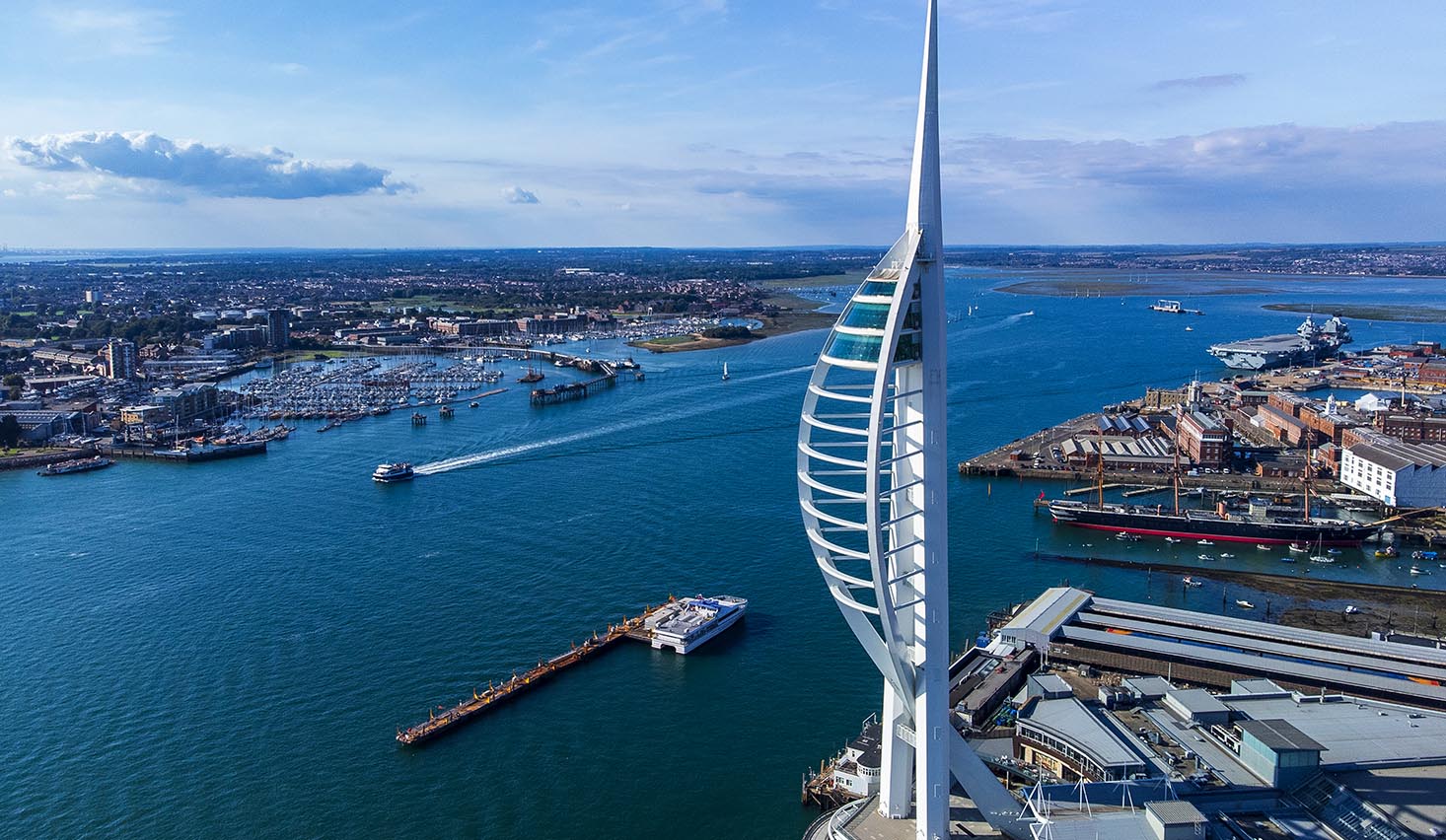
Sea change: do ports hold the key to economic growth and action on climate change?
The UK ports sector has long been a crucial driver for the UK economy. Ports are responsible for handling 95% of the UK’s imports and exports, as well as facilitating more than 25 million passenger journeys every year. In different parts of the UK, including Wales, our ports have played an important role in attracting investment and creating jobs, being a catalyst for regeneration and innovation and supporting our fishing and tourism industries.
Ports also play a vital role in protecting the security of our nation, whether that is through policing our borders or safeguarding future energy supply, through the generation of renewable energy.
Leading figures in the ports sector will gather in London this week for our sister company’s two-day UK Ports Conference, while in October, the British Ports Association (BPA) is set to stage its annual showpiece exhibition and conference at Portsmouth International Port. Freshwater’s role in supporting the delivery of both has given us first-hand insight into the challenges facing the sector, as well as the huge opportunities that exist, both from an economic development and an environmental perspective.
In many parts of the country, ports are facing challenges in recruiting people with the right skills and experience to work in a sector that is changing rapidly. There’s still an issue in addressing the age-old stereotype of ports being a white, male-dominated arena and encouraging more women into the industry to create a more diverse and sustainable workforce.
But the tide could be starting to turn. The Celtic Freeport, created last year following a bid we were proud to work on, has recently appointed a woman as its first permanent CEO. Luciana Ciubotariu, who joined from Thames Freeport where she was head of trade and investment, will be responsible for leading the organisation as it prepares to submit its business case to the UK and Welsh Governments.
Technology is another hot topic. AI and automation are both big talking points in the industry, as port operators consider whether the investment decisions they make today will enable them to drive efficiency in the future. At the same time, businesses across the supply chain are striving to demonstrate their solutions for ‘future-proofing’ ports, as they adapt to changing markets and challenges.
But perhaps the most common issue raised by the speakers, delegates and sponsors we speak to is the impact of ports, their customers and supply chains on climate change. On the one hand, the industry is taking a central role on decarbonisation. Port estates have been early adopters of wind turbines and solar panels, while ports like Port Talbot and Milford Haven are leading the charge on future renewables, championing the exciting opportunity afforded by floating offshore wind (FLOW) energy in the Celtic Sea.
But although shipping remains the most carbon-efficient ways to move freight around world, there is a recognised need to address the issue of greenhouse gas emissions from larger vessels. The solution, for many, lies in ‘shore power’ – creating the ability for berthed vessels to hook up to dockside charging stations. But when it comes to shore power, the industry finds itself in a ‘chicken-and-egg’ scenario.
Although the technology is advancing rapidly, the capital cost of putting in the necessary shore power infrastructure, alongside the high cost of energy, is a huge barrier for port owners. Meanwhile, owners remain cautious about converting vessels when the options for hooking up to shore power are limited.
Decarbonising maritime transport is high on the agenda in Europe too. Earlier this month, the port of Copenhagen-Malmo broke ground on what will be its second shore power installation and the largest in Europe, while the Port of Hamburg became the first on the continent to offer shore power connections for both container and cruise ships.
According to research commissioned by the BPA, very few shore power schemes around the world have been delivered without some level of public funding, prompting calls for government intervention in another area where the UK faces the decision on whether to invest in an emerging technology, or risk falling behind its competitors.
The Labour Party recently pledged an additional £1.8bn investment in port infrastructure, if it comes to power after the upcoming General Election, as part of its ‘Green Prosperity Plan’. While the date and the outcome of that vote remains unclear, the port industry is unlikely to be short of ideas of how that money could be invested, as it continues to be a major driver for UK trade and plots a course for its own green transition.
